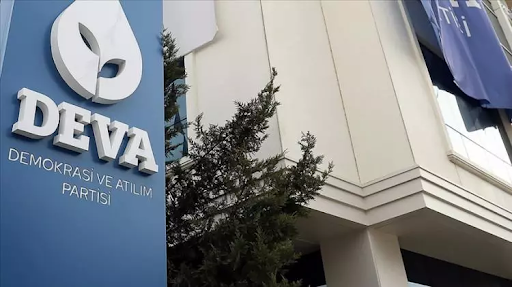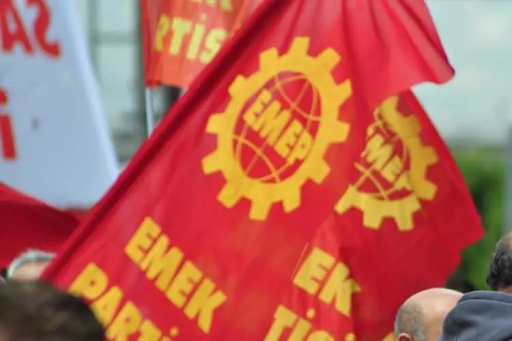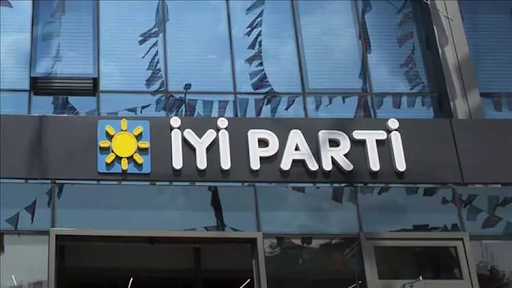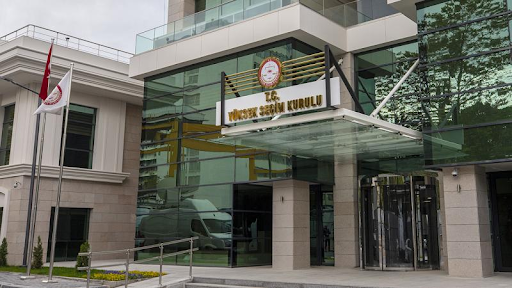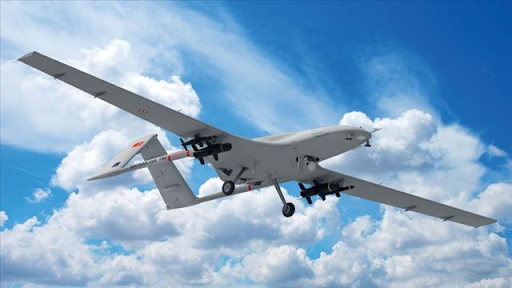A lifetime spent with the National Vision: Necmettin Erbakan
Former Prime Minister Necmettin Erbakan passed into eternity 14 years ago today. Erbakan, who fought political struggle from the point of view he called ’National Vision', was a politician, engineer, academician, NGO manager, writer and thinker. Prof., who was the 23rd Prime Minister of the Republic of Turkey during the period when it was governed by a parliamentary system. Dr. Necmettin Erbakan is commemorated on the 14th anniversary of his transfer to eternity.
Erbakan, who is known by his lovers with the nickname ‘Mujahid Erbakan’, was born on October 29, 1926 in Sinop. Erbakan, the eldest of the four children of Sabri Bey, who served as a Heavy Penal Judge, and Kamer Hanım, started his primary education in Kayseri due to his father's civil service and completed it in Trabzon.
During his higher education at Istanbul Technical University (ITU), former President and Prime Ministers Süleyman Demirel and Turgut Özal were also students at this school. he graduated from ITU in 1948. he served as an assistant at the motor department until 1951. He founded the first domestic motor company
He received his doctorate at the Technical University of Aachen, Germany, where he was sent by ITU in 1951. He was involved in the engine design of the Leopard tank. in 1954, at the age of 27, he became an associate professor at ITU. between 1956 and 1963, he founded the Silver Engine with 200 partners, which will produce the first domestic engine, and realized the production. Dec. he received the title of professor in 1965. in 1967, he was elected as the Secretary General of the Union of Chambers and Commodity Exchanges of Turkey (TOBB). In the same year, he married Nermin Erbakan. From this marriage, he had three children named Zeynep, Elif and Fatih. he became the TOBB Chairman in 1969, but the elections were canceled. His political life
He was elected as an independent deputy in Konya in the 1969 General Elections. in 1970, he founded the National Nizam Party (MNP) with 17 friends. Shortly after the Military Intervention of March 12, 1971, when the MNP was closed, he founded the National Salvation Party (MSP). in the 1973 elections, he won 48 seats with 12 percent of the vote. in 1974, he became the Minister of State and Deputy Prime Minister in the coalition government formed between the Republican People's Party (CHP) and the MSP led by Bülent Ecev Dec. The liberation of the Turkish Cypriots
During the CHP-MSP coalition period, a ‘Peace Operation’ was carried out in 1974 against the efforts to connect the island to Greece by destroying the Turkish Cypriots. The Turkish Cypriots were saved from extinction, as in Crete and other Aegean islands, and the foundation of today's TRNC was laid.
Nationalist Front Governments
Founded in March 1975 between the Justice Party (AP), MSP, Nationalist Movement Party (MHP) and Republican Trust Party (CGP), 1. Dec. He became Minister of State and Deputy Prime Minister in the Nationalist Front Government. Founded in July 1977 with the coalition of EP, MSP and MHP, the 2. He again took part in the Nationalist Front Government as Minister of State and Deputy Prime Minister.
He observed at Uzunada
After the 1980 Military Coup, he was detained in Uzunada, Izmir for a while. He was arrested on October 15, 1980 along with 21 MSP executives. He was released on July 24, 1981. he was acquitted in 1985. He returned to politics after the popular vote of September 6, 1987, which lifted the political bans.
Ruling with the Welfare Party
On October 11, 1987, he was elected Chairman of the Welfare Party (RP). he became a member of parliament from Konya in the 1991 elections. In the local elections held on March 27, 1994, the RP was successful by winning 19 percent of the vote. Recep Tayyip Erdogan in Istanbul, Melih Gökçek in Ankara were elected mayor of the metropolitan municipality from the Welfare Party. In the 1995 elections, the RP became the first party with a vote share of 21.37 percent and 158 deputies won. On June 18, 1996, the RP and the True Path Party (DYP), led by Tansu Çiller, formed a coalition government. Erbakan became the 23rd Prime Minister of Turkey. He founded D-8
During his 1-year period in power, he gave importance to the economy and foreign relations. He founded the ‘D-8' by bringing together developing Muslim countries.Dec. He has taken steps and made visits to re-establish close relations with Asian and Middle Eastern countries that Turkey has neglected for a long time.
Brought down by a post-modern coup
With the ’February 28 process‘, which is described as a ’post-modern coup', the RafahYol Government came to an end. The Constitutional Court closed the RP on January 16, 1998 and imposed a total of 6 people along with Erbakan on politics for a period of 5 years. The Virtue Party (FP) was established in accordance with the political style expressed by Erbakan as the “National Opinion”. after the closure of the FP in 2001, he continued to work in politics with the Felicity Party (SP). He was elected as the SP General Chairman for the last time on October 17, 2010.
He passed away on February 27.
February January 19, 2011, he was placed under intensive care in the hospital due to his illness, after receiving treatment for a while and discharged, he was soon removed with respiratory and heart failure complaints in the hospital, February 27, 2011, he passed into eternity. He was buried at Merkezefendi Cemetery
Funeral prayers were held for Erbakan at Hacı Bayram Veli Mosque in Ankara and Fatih Mosque in Istanbul. Soil brought by his lovers from various regions of Turkey, Jerusalem, the TRNC and from the grave of Bosniak leader Aliya Izetbegovic was sprinkled on his grave. Necmettin Erbakan's grave is located in the Merkezefendi Cemetery.
deep, will you write the above text as a new and original English article text by enriching and analyzing it with other news from the world and Turkish press?






